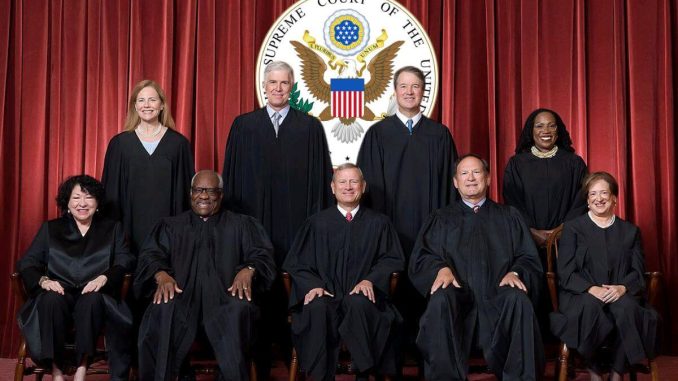
On June 21, 1989, the United States Supreme Court made a historic decision in Texas v. Johnson, affirming the right of protesters to burn the American flag as a form of symbolic political speech protected under the First Amendment.
The case centered on Gregory Lee Johnson, who burned the flag during a protest at the 1984 Republican National Convention in Dallas. He was arrested and convicted under Texas law, leading to a legal battle that ultimately reached the highest court.
In a tightly contested 5-4 ruling, the majority opinion, written by Justice William Brennan, argued that Johnson’s act of flag-burning constituted expressive conduct and political speech. Brennan emphasized that the state’s interests in preventing breaches of peace or preserving the flag as a symbol of national unity did not justify criminalizing political expression.
Justice Anthony Kennedy, in his concurrence, acknowledged the difficulty of the decision but emphasized the Court’s commitment to upholding constitutional principles, stating, “Sometimes we must make decisions we do not like because they are compelled by the law and Constitution as we interpret them.”
Chief Justice William Rehnquist dissented, along with Justices John Paul Stevens, Sandra Day O’Connor, and Byron White, arguing that the flag deserved protection as a unique symbol of the nation, not subject to desecration under the guise of free speech.
The decision sparked significant controversy and legislative responses, including the passage of the Flag Protection Act of 1989 by Congress, which aimed to criminalize flag desecration. However, the Supreme Court struck down this law the following year in United States v. Eichman, reaffirming its stance on flag-burning as protected speech under the First Amendment.
The case of Texas v. Johnson continues to resonate in discussions about the limits of free speech and the protection of national symbols in American jurisprudence, highlighting enduring debates over patriotism, dissent, and constitutional rights.
However, it is not clear what the Nigerian court especially Supreme Court may decide in such a case, as the US Supreme Court Judges did….Seê _ Morê

Leave a Reply